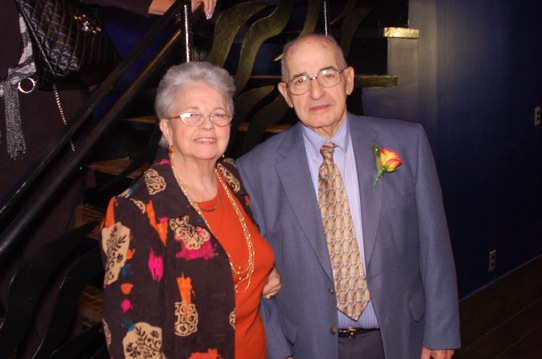
A promising Hepatitis C vaccine can protect communities worldwide (Photo Credit: Creative Commons)
Years of toil may just soon pay off as scientists uncover the most promising vaccine for hepatitis C virus (HCV) thus far. The National Institute of Virology (NIV) in Pune, India has developed a recombinant vaccine that builds up immunity against HCV as shown in laboratory animal testing.
Hepatitis C is a threatening liver disease infecting more than 170 million worldwide. The virus spreads to the blood, rapidly leading patients to chronic conditions of liver damage and liver cancer. Every year, about 350,000 people die of liver cancer and other related diseases including Hepatitis C. Recently, China experienced a Hepatitis C outbreak, affecting more than 150 residents in a rural village, most of those affected are children. The outbreak is believed to have been caused by the use of unsterile medical supplies in a local medical clinic.
For years, Hepatitis C has left scientists in a daze because of its complexity. HCV is very similar in some ways to the HIV virus with its nature to regularly change while within its host, thereby making it difficult to develop an exact type of vaccine.
The unpredictable threat that Hepatitis C poses, especially to vulnerable communities like that village in rural China, has inspired fortified global efforts to prevent and cure this disease. In fact, NIV research was launched in 2007 to address the troubling rate of Hepatitis C and general liver disease infection in India. The progress of the vaccine research has stirred an excitement. How exciting to finally be able have a vaccine effective at controlling HCV.
The vaccine is a product of rigorous genetic engineering of a recombinant protein and peptide; a cellular entity produced after a genetic recombination. In a laboratory setting, mice have shown significant improvement in their immunity after exposure to the new vaccine. The next step for the research is to evaluate the effect of the vaccine on chimpanzees, and eventually on human liver cells.
With the entire world counting on the success of this research, the pressure is on – but the greater goal of making communities safe from Hepatitis C serves as an enduring motivation.
By Toni Bacala































This was an intriguing read. Thanks!kona girl